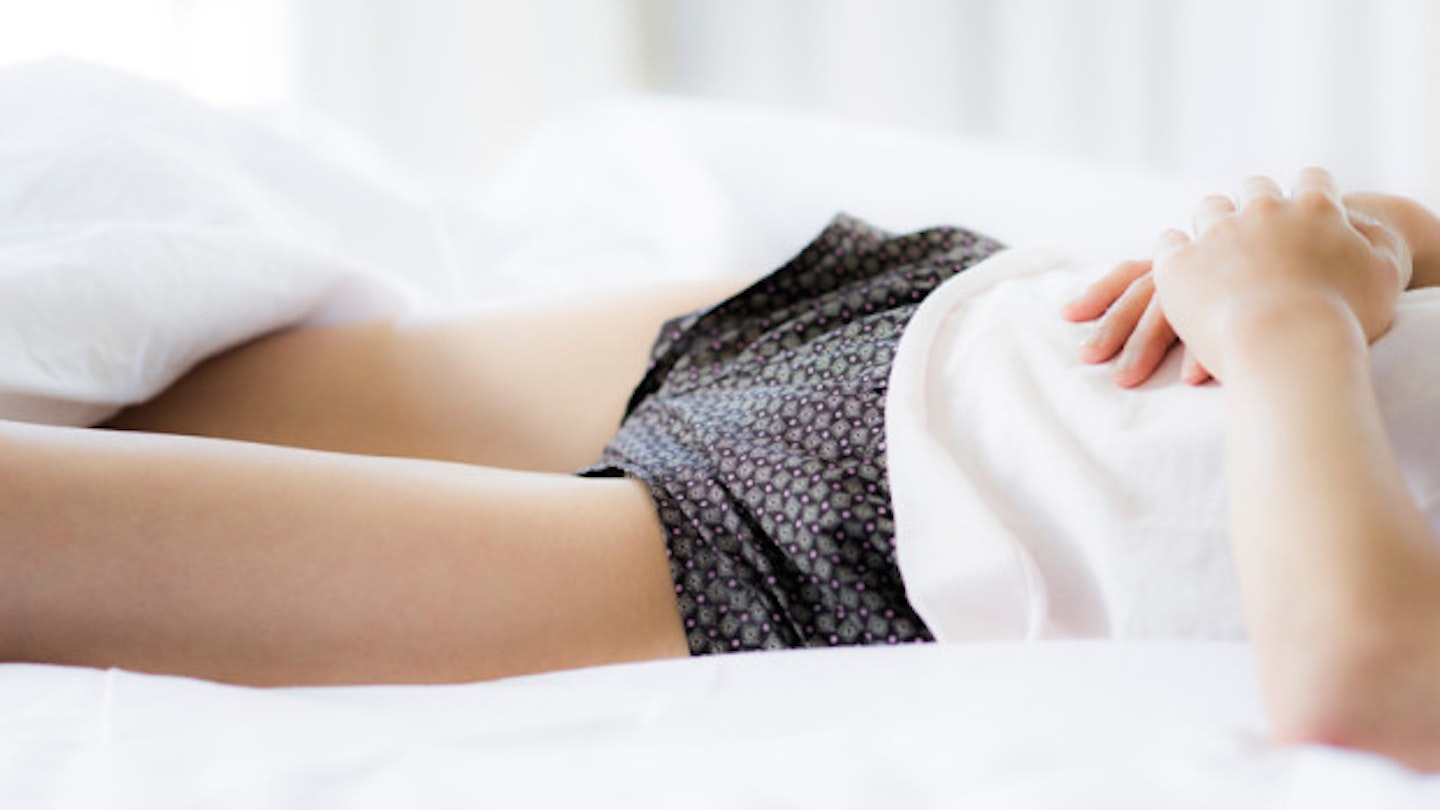The BBC’s 5 Live has confirmed what many of us already know: most women workers have experienced period pain that affects their ability to work.
5 Live commissioned polling from YouGov of 1,000 women. They found that 52% had experienced severe period pain which affected their performance at work but only 27% had told their boss that they were suffering as a result of their period.
This is hardly news. This year period pain and paid menstrual leave have been in the news regularly. In March a company in Bristol introduced a ‘period policy’ for female staff. Back in February Professor John Guillebaud said that research has found that severe period pain can be ‘as bad as having a heart attack.’
‘Men don’t get it’ he said and because of this ‘it hasn’t been given the centrality it should have.’ Indeed, there has been much discussion of how female pain is often disregarded and taken less seriously than male pain by both doctors and society at large.
Speaking about the most recent poll Radio 5 Live’s Emma Barnett sparked debate when the presenters asked her whether or not she thought women should be entitled to paid menstrual leave.
She said ‘can you imagine if men had periods? How work places would be designed differently and how everything might be slightly worked around the cycle. It’s be a badge of honour if men had period pains, they’d be complaining.’
Twitter wasn’t happy about this suggestion and many people denounced Barnett as a ‘reverse sexist’ for daring to make such a ‘shocking and offensive generalisation’ about men.
But here’s the thing, she’s not wrong. Do you remember the lectures PE teachers gave us at school? I clearly remember all of the girls in my year being rounded up when we were around 13 and told that being on your period was ‘not an excuse’ to miss a PE lesson or go swimming. The teachers instilled in us that periods were ‘no big deal’ and that we were expected to carry on as normal.
I, like many women, have always struggled with heavy and painful periods. I’m talking three tampons a morning heavy. At school this was a serious problem. I would often bleed through my uniform and be questioned by teachers when I asked to go to the toilet in front of the class. Now, in my 20s, it’s still an issue.
If I look through my texts to my boss it’s around the same time every month that I message to say I can’t come in or have had to leave early. I experience menstrual migraines and have only very recently, after multiple visits to the doctor and invasive scans, been prescribed medication by the doctor for my pain.
Perhaps if we didn’t operate within traditionally patriarchal structures where, historically men have been in charge and made the rules paid period leave would already be a thing? Perhaps talking about period pain wouldn’t be such a taboo. Perhaps women like myself wouldn’t power through regardless.
Imagine planning your schedule to reflect the days in the month when you’ll be feeling at your strongest and most confident…surely that’s just common sense?
It’s hardly revolutionary, is it?
Countries around the world which already have paid menstrual leaveinclude Japan (which has had it since the end of the Second World War), Taiwan (since 2013) and South Korea (since 2001).
Like this? You might also be interested in:
Follow Vicky on Twitter @Victoria_Spratt
This article originally appeared on The Debrief.
